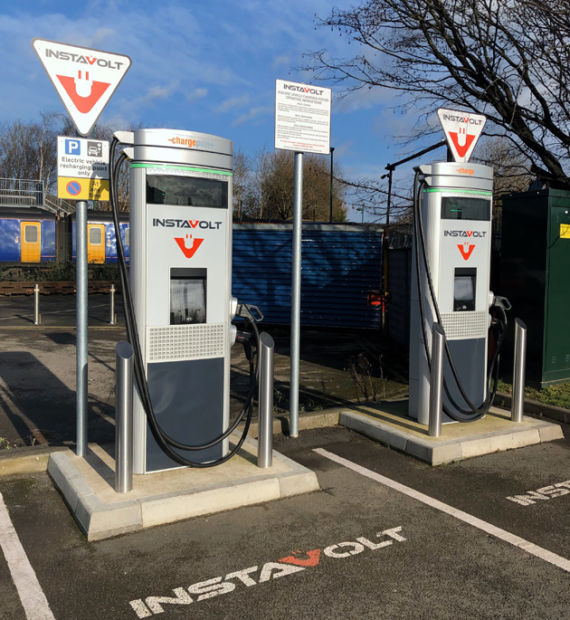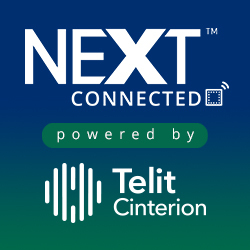DLMS working group to optimise EV charging
- June 29, 2021
- Steve Rogerson

Smart metering organisation the DLMS User Association is setting up a working group to examine ways in which existing home technology can optimise electric vehicle charging, reducing costs and allowing access to smart charging capabilities.
DLMS is a global standard for interoperability, security and flexibility in smart metering.
With the growth of electric vehicle adoption comes another challenge: how can the demands of in-home charging be met without putting additional pressure on the grid? Currently, there are no existing protocols that can integrate the smart charging innovative functionality offered by electric vehicle charging stations (EVCSs) with intelligent grid management, while offering consumers a convenient digital experience.
While an EVCS usually has smart charging capability built in as standard, optimising the charging sessions needs to be done via a third party energy manager device, which adds additional costs for both consumers and the manufactures of charging units. Offering additional functionality or services is difficult, costly and presents interoperability issues meaning consumers aren’t able to access the full range of services that e-mobility operators offer.
In many countries, the roll out of smart meters offers an opportunity for an EVCS to exploit data available via the meter and today used only by the utility. The DLMS User Association is working with parties from across the industry to extend the use of its protocol to other users, driving consumer engagement while maintaining data privacy.
Based on the DLMS Cosem standard, the protocol will directly link the EVCS to the meter, removing the need for any third-party devices and creating benefits to consumers and manufacturers. Using DLMS, the EVCS device manufacturer can exploit the real-time energy data available in the smart meter without additional costs. E-mobility operators can still connect to the EVCS through conventional channels or via the DSO, should such a partnership exist, but in all cases in an interoperable way.
End-consumers can access flexible products such as time-of-use tariffs that can reduce overall energy costs, and initial EVCS installation costs could potentially be halved due to the redundancy of the energy manager device.
To develop this use case, the association has launched its EVCS Working Group to enable smart grid integration. The association wants participants from the e-mobility ecosystem, including charging station and electrical vehicles manufacturers, e-mobility operators, electricity suppliers and distributors, to participate in the working group and take advantage of the DLMS standard and certification scheme.
By extending the DLMS standard to the field of EVCS and e-mobility, industry participants can work towards lowering the costs of charging stations.
The association is a non-profit organisation founded in 1997 by utilities and meter manufacturers to develop and support a standard for smart meter data exchange. Today, it is a global organisation with more than 300 members from all continents, represented in 70 countries involving distribution service operators, utilities, device manufacturers, system developers and integrators, service software platform developers, and semiconductors manufacturers.





